Consejos de riego en verano para ahorrar agua (y que tus plantas no se sequen)
Summer comes and you face the same dilemma as always.
On the one hand, it starts to get hotter and you have to give more water to your plants and the lawn.
But you don't want to leave your salary on the water bill either.
Summer comes and you face the same dilemma as always.
On the one hand, it starts to get hotter and you have to give more water to your plants and the lawn.
But you don't want to leave your salary on the water bill either.
what are you doing?
The truth is that irrigation in summer requires a rather delicate balance so as not to waste.
But there are some tricks.
In this post we explain different ways to optimize irrigation in summer to spend less water and keep your plants green and radiants.Irrigation tricks in summer to maintain your healthy plants and not to spend of any more
Put into practice these advices and you will see how you notice it
1. It is not about watering more, but doing it well
The fact that in summer plants need more water is not entirely true.
Because it's not about watering more times… but doing it right.
And that means deeper irrigation, where plants absorb more water, but without having to do it daily.
Of course, this is a general indication, but each plant has specific water needs.The most important thing is not to flood the soil, because a water excess can provoke that the roots rot and that fungi appears.
2. Watering always in the hours of less sun (and not just for saving)
This has already been explained to you in a previous article.
When you water around noon, water doesn't just evaporate sooner (without giving the plant time to absorb it completely, forcing you to water more often).In addition, when sunlight falls on the drops they amplify, which can cause burns on the leaves.
That's why it's also important to avoid wetting the leaves during watering.
and not only that, an excess of water in the leaves can promote the appearance of fungi and other pests.
In the hottest days you can wet the leaves with a sprayer. This creates microdrops that do not damage the leaves but do help them maintain their moisture level.3. To each plant its own
At the end each plant has its own needs.
If it is a garden with Mediterranean plants or succulent plants, you can even let the substrate dry completely, because they resist it well.
Instead, with tropical plants you should be more careful.Some will need you to spray the leaves, as we said above, and you will also need to make sure the substrate is always wet (but not waterlogged).
On the other hand, pots have less substrate and roots have little room to grow, so these plants do need to be watered more often.4. The right land helps save water
This has already been explained to you in a previous post, in which we discussed how to choose the right type of land for your garden.
A proper proportion of lime soil will better retains water and allows the plant to absorb it.
On the contrary a too much lime soil might provoke floods.
It's important to find the optimal ratio for your garden.5. Protect your plants from heat
If you want to water less, it's also important to avoid water evaporation from your plant.
You can do that, for example:
- Group-seeding (to form wet microclimates).
- Protecting them with an awning.
- Covering the soil with mulch (which retains moisture and regulates soil temperature).
In this other post we give you more ideas to protect your plants from high temperatures.
And if I'm not home in summer, what do I do with irrigation?
All these tips will be very useful for watering your garden.
But what if you're on vacation, or if you're moving to a second residence during the summer?
Ideal in these cases is that someone will water your plants.
However, if you don't know anyone, there are other pious things you can do:
- Install automatic irrigation: This is certainly the best option to maintain irrigation in your plants and save water all year round.
- Planting low-maintenance plants: That is, those that can spend a long time without irrigation. In this post we give you several ideas (here we told you as plants for your second residence, but they serve you the same for your main house).
These tricks will not only help you reduce your water expenditure, but also make your garden more sustainable.
Ready to enjoy summer with your plants?
These are just a few basic tips that will save you water in the summer.
But you can go further.
For example, with a proper garden design you can further reduce your irrigation spending in summer and year-round.
If you need help, we can help you.
Contact us and we'll give you a design tailored to your garden needs.
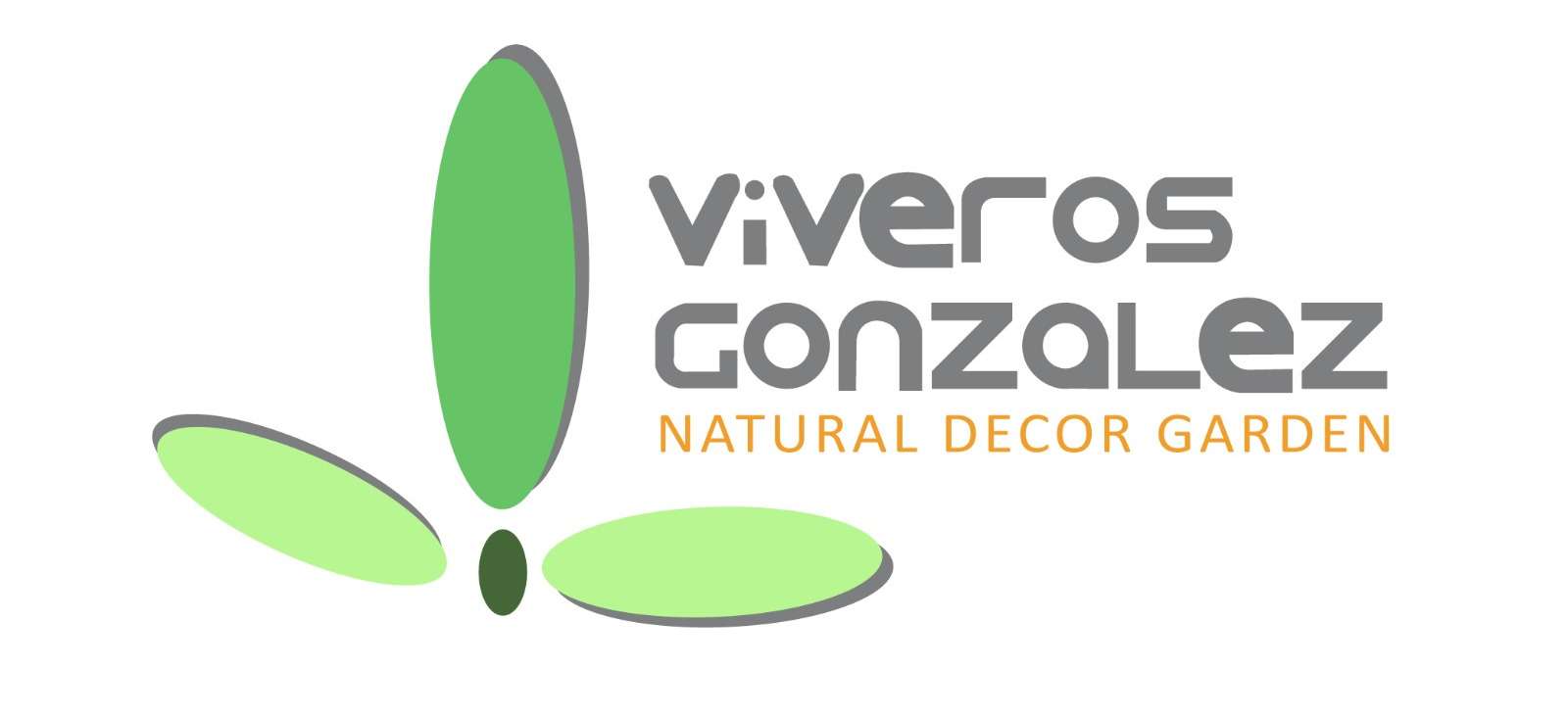
 English
English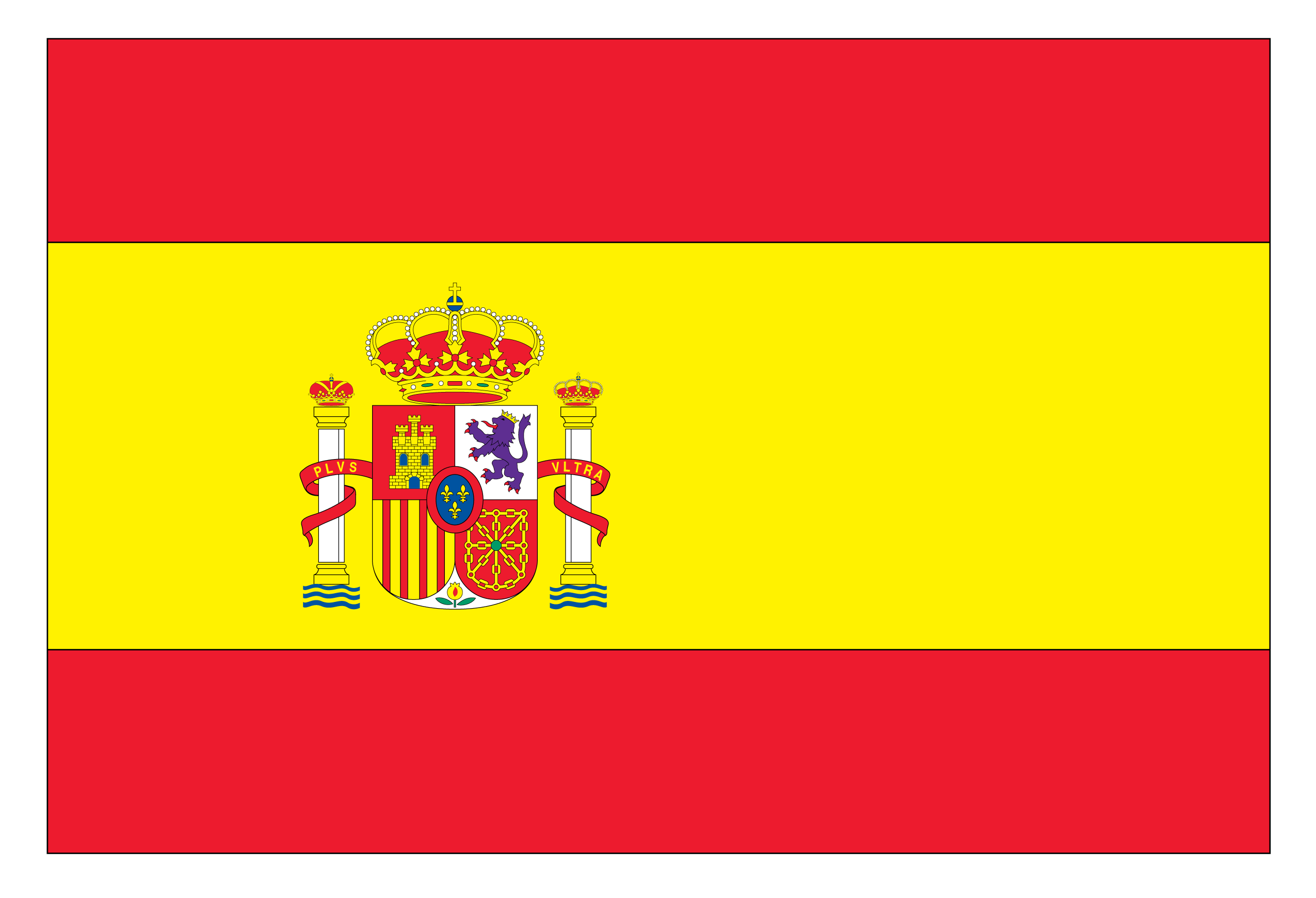 Spanish
Spanish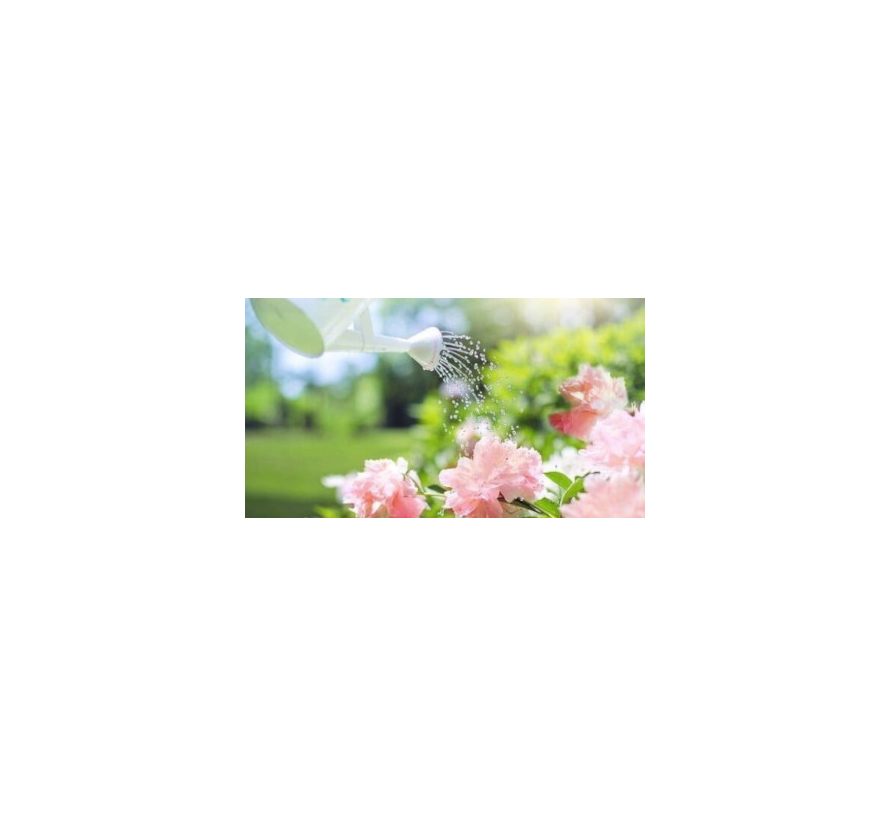
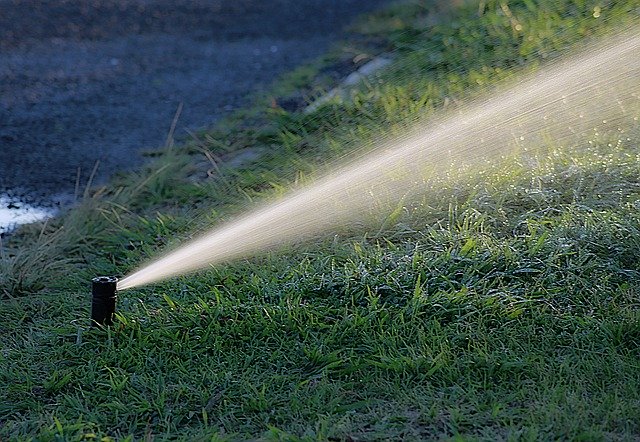
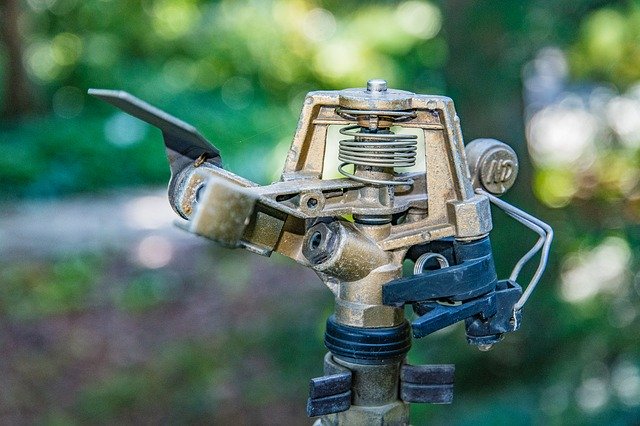
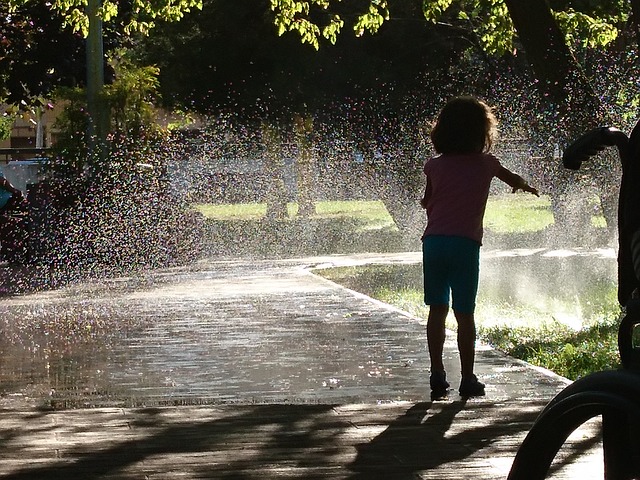
Comments
Leave your comment